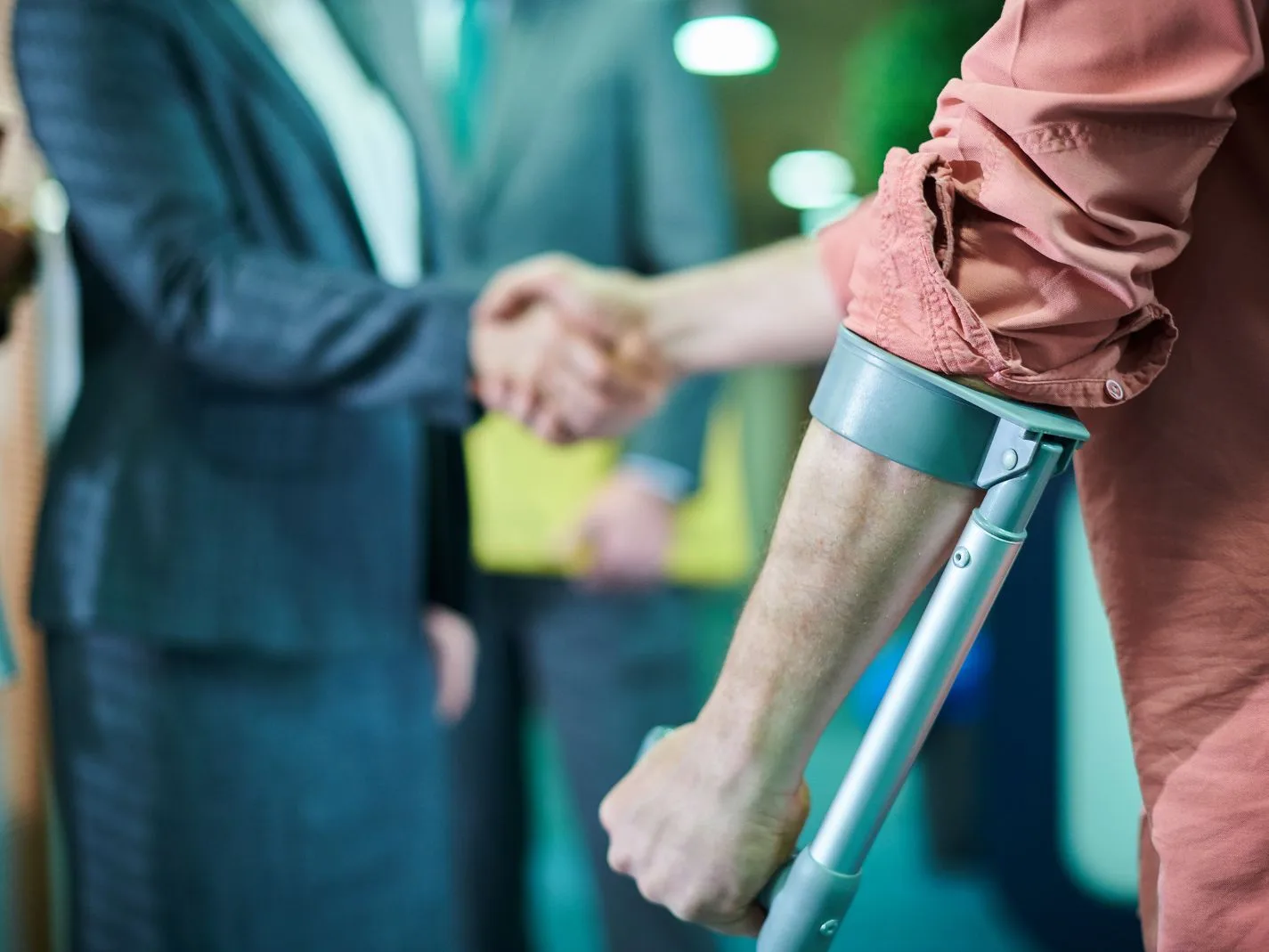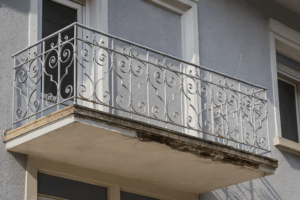
You’ve seen it in movies: being trapped in an elevator is anyone’s worst nightmare. It’s small, basically resembles a trap door, and when something goes wrong, the consequences can be devastating.
But in real life, injuries aren’t limited to dramatic free falls or sudden stops. Escalators and elevators both pose very different risks, and accidents on these systems happen more often than many realize.
Escalator incidents often involve falls and entrapments, with injuries concentrated on hands, feet, and upper extremities. Children and elderly riders face the highest risks, especially when gaps, speed, or design flaws interact with user behavior. Elevators, by contrast, are less likely to fail during routine use, but when they do, sudden jolts, misaligned stops, or door malfunctions can cause severe harm.
Studies comparing both systems show that escalator accidents are more frequent, while elevator accidents, though fewer in number, tend to result in more serious outcomes. The distinction comes down to design, maintenance practices, and the way passengers interact with each system.
This article will explain Georgia’s legal framework for elevator and escalator accidents, who may be held responsible, how liability is proven, and what kinds of compensation may be available for victims.
In Georgia, elevators and escalators are governed by strict state-level rules adopted by the Office of the Commissioner of Insurance and Safety Fire. These regulations carry the force of law and establish minimum statewide safety codes and standards designed to prevent accidents, injuries, and property damage. Local governments do not need to separately adopt them; they apply across all counties and municipalities.
The regulations incorporate nationally recognized safety codes such as:
Together, these standards govern everything from new installations and alterations to maintenance, inspections, and emergency procedures.
The law places clear responsibilities on different parties:
Any accident involving personal injury, property damage, or death linked to an elevator or escalator must be reported to the Office immediately or by the next business day. The equipment must be taken out of service until it has been cleared by a certified inspector. Owners are also required to submit a written incident report within seven days.
Operating unsafe or uncertified equipment can lead to civil penalties, suspension of operating permits, or even criminal referrals. Fines can reach up to $5,000 per violation, especially in cases involving serious injury, death, or willful disregard for safety standards.
Elevator liability in Georgia addresses the different ways responsibility can be assigned after an accident, depending on how and why the failure occurred.
When an elevator accident stems from unsafe property conditions, the case is treated under premises liability law. Building owners and managers are expected to keep the premises safe for residents, visitors, and workers, which includes ensuring elevators are properly serviced and free from hazards that could cause harm.
Some accidents trace back to flaws in the equipment itself rather than poor upkeep. In those cases, claims may be brought against manufacturers or distributors under product liability law. Defects can involve design flaws, mistakes in the manufacturing process, or a lack of adequate warnings about known risks. These claims shift responsibility away from the property owner and onto the companies that built or supplied the equipment.
Even though owners often hire outside companies to maintain or repair their elevators, Georgia law makes clear that safety obligations cannot simply be handed off. The duty to keep passengers safe remains with the property owner, meaning they may still be held accountable for injuries, even when day-to-day maintenance is performed by contractors.
Being trapped in an elevator can be traumatic, but whether you can sue depends on the specific circumstances and whether you suffered actual damages as a result.
To qualify for personal injury compensation in Georgia, there must be an injury involved. If being stuck in an elevator leads to an injury, then compensation might indeed be possible. However, the truth is that most injuries in elevators do not occur simply because the elevator has lost power.
You may have a claim if:
Building owners must:
Courts generally require physical manifestations of distress for successful claims. Pure emotional distress without physical symptoms is harder to prove and recover for in Georgia. However, if entrapment triggers panic attacks that lead to physical symptoms or injuries, you may have grounds for compensation.
The longer you’re trapped and the more unreasonable the delay in rescue, the stronger your potential claim becomes. A few minutes of entrapment due to a brief power outage is different from being stuck for hours due to mechanical failure or inadequate emergency response.
This is a common misconception. Hotels absolutely can be held liable for elevator injuries, and in fact, they’re held to the same high standard of extraordinary diligence as any other elevator operator in Georgia.
Georgia property owners have a responsibility to keep visitors safe. If applicable, this includes ensuring their elevator or escalator is functioning properly and is regularly serviced. Hotels that provide elevator service to guests fall under the common carrier rule, meaning they must exercise extraordinary diligence.
Hotels actually owe their guests an elevated duty of care compared to other visitors because:
Hotels can be held responsible when:
Most hotels carry substantial liability insurance specifically because they understand their legal exposure for elevator accidents. When negligence is a factor, this may involve filing a claim against the property owner, business, maintenance company, insurance company, or manufacturer.
Hotels typically have more extensive records than other properties, including:
This documentation can provide valuable evidence for your claim.
Yes, you can file a claim if your injuries were the result of negligence, poor maintenance, or equipment defects.
The process begins with seeking medical care, since your records will connect the accident to your injuries. From there, you should notify the building owner or manager so the incident is officially documented.
Filing a claim also requires strong evidence. Photos of the scene, witness statements, and copies of inspection or maintenance logs can all show whether safety rules were followed. Georgia law requires owners to keep these records for several years, and they may reveal missed inspections or ignored problems.
Once the facts are gathered, the claim typically starts with the property owner’s insurance company. If the insurer denies liability or offers too little, the next step is to file a lawsuit in civil court. Depending on the circumstances, claims can target the building owner, the maintenance company, or even the manufacturer of defective equipment.
Compensation may cover medical expenses, lost wages, long-term rehabilitation, and pain and suffering. Because multiple parties may share responsibility, an attorney can help identify who is liable and ensure that all avenues for recovery are pursued.
An accident on an elevator or escalator can leave you with lasting injuries, overwhelming medical bills, and difficult questions about who is responsible. Georgia law gives you the right to pursue a claim, but success depends on quick action, thorough evidence, and an understanding of the state’s unique legal standards.
At Thompson Law, we know how to investigate these complex cases, hold property owners and maintenance companies accountable, and fight for full compensation on your behalf. From documenting unsafe conditions to negotiating with insurers and taking cases to court when needed, we handle every step so you can focus on recovery.
Contact Thompson Law today for a FREE CONSULTATION and let our experienced attorneys protect your rights and pursue the justice you deserve. We cover all areas of California, Arizona, Georgia, and Texas.






Thompson Law charges NO FEE unless we obtain a settlement for your case. We’ve put over $1.9 billion in cash settlements in our clients’ pockets. Contact us today for a free, no-obligation consultation to discuss your accident, get your questions answered, and understand your legal options.
State law limits the time you have to file a claim after an injury accident, so call today.